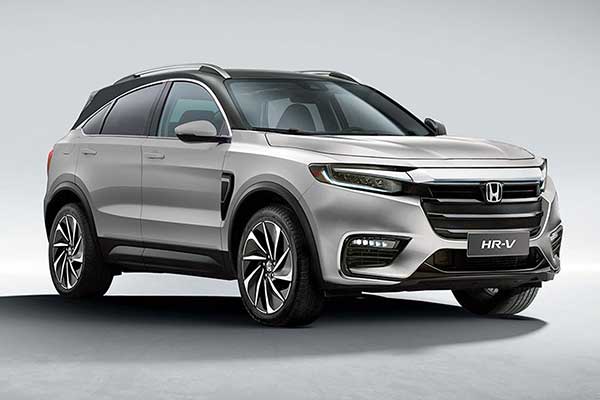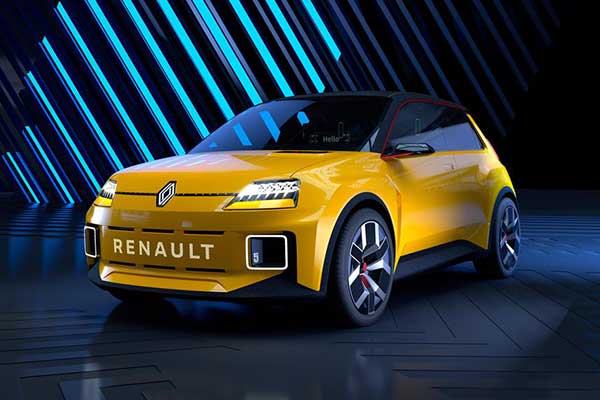In an era where electric vehicles (EVs) are rapidly becoming the future of the automotive industry, government incentives and tax credits play a significant role in promoting their adoption. As the world shifts towards greener transportation solutions, the spotlight is now on EV tax credits and their transferability. Car dealers are at the forefront of this transition, facing the challenge of seamlessly facilitating these transfers or potentially experiencing some clunkiness along the way.
The Importance of EV Tax Credits
Electric vehicles have gained immense popularity for their environmental benefits and cost-saving advantages. Federal and state governments around the world have introduced various tax credits and incentives to encourage the purchase of EVs. These credits serve as financial incentives to make EVs more affordable for consumers and drive the transition to cleaner transportation alternatives.
The Transferability Quandary
While these tax credits have been pivotal in increasing EV adoption, they can become complicated when it comes to transferring them. This is where car dealers come into the picture. When a consumer purchases an EV, they may not always be able to fully utilize the tax credit. In such cases, they often turn to car dealers to help them transfer these credits to a new owner, making the EV more appealing in the used car market.
However, the transfer process can sometimes be anything but seamless. It involves paperwork, compliance with intricate tax regulations, and varying rules that can differ from state to state. Dealerships need to be well-versed in these intricacies to ensure a smooth transition.
The Current Scenario
As of my last knowledge update in September 2021, the United States had a federal tax credit program in place, offering up to $7,500 in tax credits for electric vehicle buyers. Additionally, several states had their own incentives. However, the specifics of these programs can change, and new initiatives can emerge.
For car dealers, staying up-to-date with these regulations is essential, as they need to inform their customers accurately and facilitate the transfer process. An outdated understanding of the rules could lead to a clunky experience for both the dealer and the consumer.
Seamless Solutions for Car Dealers
To ensure a seamless experience for all parties involved, car dealerships must invest in training and resources to navigate the intricate landscape of EV tax credit transfers. This involves having knowledgeable staff who can guide customers through the process, compliance with state and federal regulations, and access to digital tools that simplify the paperwork.
Moreover, establishing strong connections with local tax authorities and understanding state-specific rules and incentives can also streamline the process. Car dealers should consider forming partnerships with experts in EV tax credit transfer services to provide customers with the smoothest experience possible.
The Future of EV Tax Credit Transfers
As the electric vehicle market continues to grow, so too will the importance of efficient tax credit transfers. Legislators and policymakers must also recognize the significance of making these processes user-friendly and dealer-friendly to support the adoption of green transportation.
In conclusion, the fate of EV tax credit transfers in the hands of car dealers rests on the ability to adapt to evolving regulations and ensure a seamless transition for their customers. With the right knowledge, resources, and a commitment to stay informed about the latest developments, car dealers can play a pivotal role in accelerating the transition to cleaner and more sustainable transportation.
The future is bright for electric vehicles, and it’s essential that the journey from tax credit eligibility to transfer is just as smooth as the drive itself. Car dealers, with the right approach, can make that a reality.





